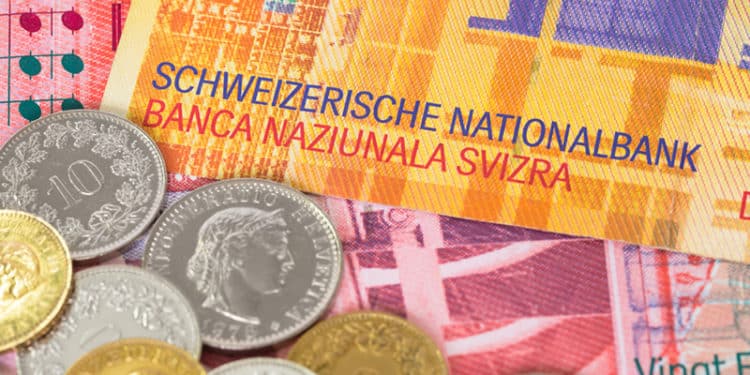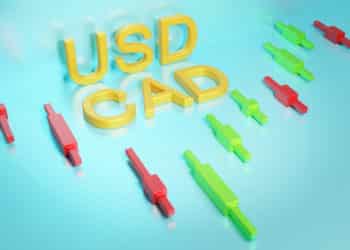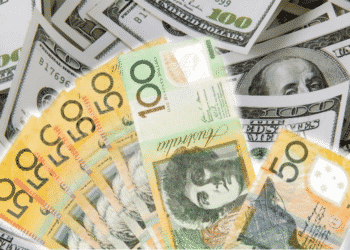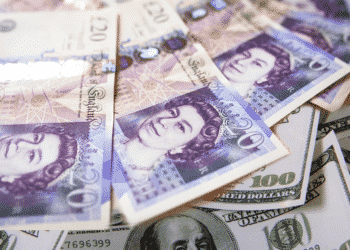The Swiss Franc is the national currency of Switzerland and Liechtenstein and is popularly described as a ‘safe-haven currency.’ When it comes to investing, this is a term that is used ascribed to an asset predicted to retain or increase in value over time. This accolade goes to the Swiss franc because of Switzerland’s stable political environment and economy. Because of their liquidity and safe operations, Swiss banks are widely regarded as the most stable in the sector, attracting a large number of investors and, as a result, increasing the demand for the Swiss franc.
Switzerland’s financial markets are fully regulated and transparent. In addition, it is regarded as a place to keep money safe in times of currency instability. Over the years, Switzerland has thrived thanks to its consistent, stable economic and political system, which has kept uncertainty to a minimum. The world-class financial and banking system that encourages domestic investment was built in the country.
Switzerland has emerged almost unscathed from various crises that have shaken global financial markets in the past. For instance, at the height of the 2011 European debt crisis, Switzerland was resilient, with the subsequent spike in demand for CHF, prompting the Swiss National Bank to peg CHF to 1.2 EUR. The move was a mitigation measure aimed at cushioning the country’s exports and its economy at large.
In comparison to its safe-haven rival assets like gold, CHF is more widespread, and its liquidity is quite high. Switzerland’s standing as a premier global banking destination has also contributed to CHF’s high rating.
Head to head against USD
The US dollar has over 1,400 different currency pairs and crosses against it, but USD/CHF, a pair of the greenback against the Swiss franc, remains among the most popular. Investing in Swiss francs makes sense, as it is expected that they will rise in value overtime against the US dollar.
In addition, the US federal debt stands at $28.5 trillion as of June 2021 and is increasing. That leaves room for a devaluation of the dollar in the future, considering that the debt-to-GDP ratio is at 115%. With the Swiss franc appreciating significantly, it’s likely that the USD could be headed to significant losses against CHF in the future.
The downside
The Swiss franc was viewed as a safe-haven currency in 2011. However, this changed during that year. To help stabilize the economy, Switzerland linked its currency to the euro. When SNB suddenly decided to cancel the peg, many huge forex brokers and investors lost billions of dollars and went bankrupt. Following that, some investors have expressed uncertainty about investing in Swiss francs as the Swiss National Bank can be unpredictable.
For investors, being aware of what can compromise the safety of a currency is imperative. One thing governments can do is intervene to help rein in a currency’s growth when it gets too strong. A good example of this is the Swiss Central Bank, which, in order to preserve exports, has frequently dumped francs into the country’s market.
How to invest in CHF
Using exchange-traded funds (ETFs)
For investors wishing to trade Swiss francs, ETFs that trade on US stock exchanges is an ideal investment option. Currently, the Invesco CurrencyShares Swiss Franc Trust is the most widely held CHF exchange-traded fund (ETF).
The ETF is tethered to the CHF’s performance against the USD. Compared to buying Swiss francs directly on the foreign exchange market, ETFs have several advantages. Here are a few that you should know about:
- ETFs can be purchased in standard brokerage accounts, which is easier than many other investments.
- ETFs are able to utilize margin accounts, which is advisable for experienced investors.
- ETFs are exchanged as securities, which allows them to keep transaction costs low. Costs are substantially lower than they would be if transactions were done on the currency spot market.
CHF in the Forex market
Another alternative for purchasing Swiss cash is to do it on the foreign exchange market. In the Forex market, one currency is traded against another currency. Once that transaction is executed, you’ll either make a profit or lose money, depending on your strategy and the timeline of the trade.
The USDCHF currency pair is one of the most often traded in the forex market. The USD will be sold or shorted by traders who are bearish on the USDCHF, thereby reversing the order and using USD to purchase Swiss francs. This works by leveraged positions in order to profit from minor pips. However, it is generally advisable that newbies stay away from trading with leverage because of the elevated risk.
In summary
From the discussion above, it is clear that the CHF is a strong currency and a viable investment asset. Nonetheless, you should thoroughly research the dangers before investing since even though it is a solid investment, there are still a number of significant risks to be aware of.







